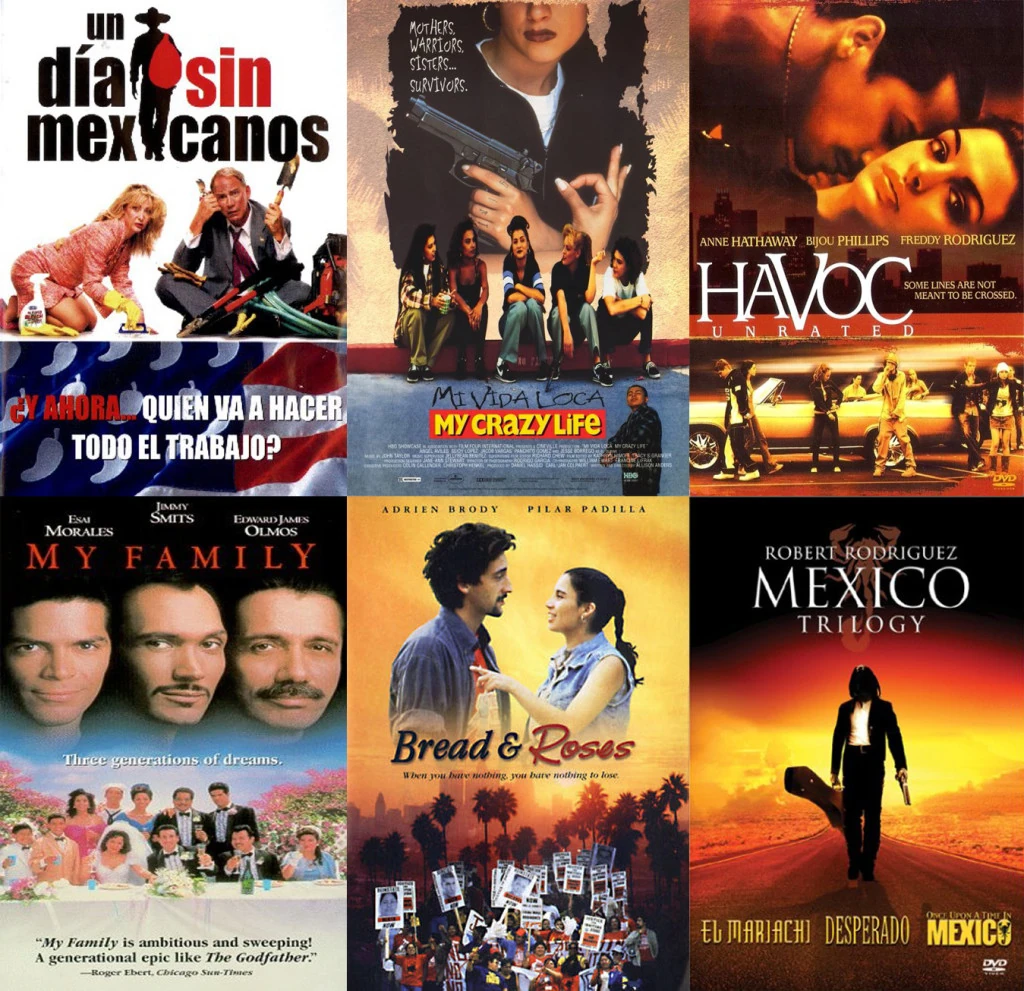Allison Anders and the ‘Racial “Authenticity” Membership-Test’: Keeping Mi vida loca/My Crazy Life (1994) on the Borders of Chicano Cinema
(pp. 12-30; DOI: 10.23692/iMex.2.2)
 Cargando...
Cargando...
 Cargando...
Cargando...Dr. Thea Pitman
 Dr. Thea Pitman is Senior Lecturer in Latin American Studies in the School of Modern Languages and Cultures, University of Leeds. She researches mainly in the fields of Latin American travel writing and Latin American cyberculture. Her publications include Mexican Travel Writing (Lang, 2008), andLatin American Cyberculture and Cyberliterature, co-edited with Claire Taylor (Liverpool UP, 2007).
Dr. Thea Pitman is Senior Lecturer in Latin American Studies in the School of Modern Languages and Cultures, University of Leeds. She researches mainly in the fields of Latin American travel writing and Latin American cyberculture. Her publications include Mexican Travel Writing (Lang, 2008), andLatin American Cyberculture and Cyberliterature, co-edited with Claire Taylor (Liverpool UP, 2007).
While nuanced and sensitive non-essentialist theorisations of Chicano identity have been put forward by key critics working in the field, these same critics still struggle, on occasion, to disentangle themselves from having recourse to essentialist arguments in their own work. The case that I examine here constitutes a prime example of this problem within Chicano critical discourse. It concerns the debates, in Chicano intellectual circles, over definitions of ‘Chicano cinema’, focalised via an examination of a film that has provoked a quite particular polemic in this respect: non-Chicana director Allison Anders’s Mi vida loca / My Crazy Life (1994). My discussion of Anders’s film will centre on its reception with a range of professional film critics, mostly Chicana/os, as well as reports on the reaction of a sample group of the film’s subjects – Chicana gang members – to their representation on screen. It will examine the factors at play in the way it has been received, and expose evidence of recursive essentialism in such arguments where apparent.
Guido Rings - Editorial
Thea Pitman - “Authentic” Chicano cinema?
Sarah Barrow - Humour in “Un Dia Sin Mexicanos”
Alexandra Simon López - Machismo in the “Mexico Trilogy”
Richard Mora - The Cinematic Cholo in “Havoc”
Gabrielle Carty - Integration in “My Family”
F.J. Castaño / D. Esteban Bretones / Tamar Abuladze - Spectators on “Bread and Roses”
Reseñas

